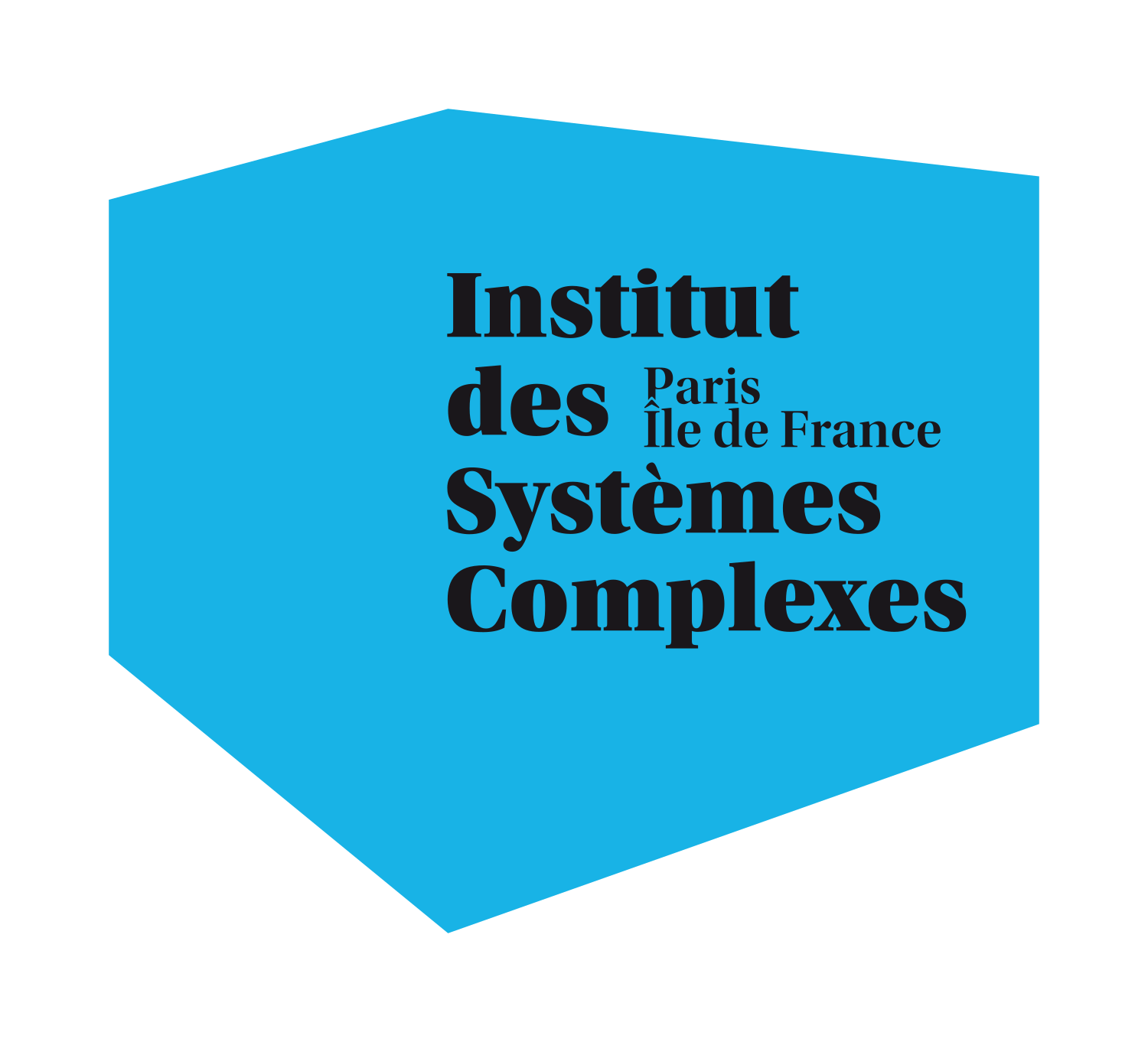Governance
The French local chapter has been initiated at the French Complex Systems Conference in 2022, and bootstraped by a General Assembly held on Jan. 13 2023 where more than 130 scholars from all over France have elected their first Executive Committee and voted the first by-laws.
This process is volontarily bottom-up to allow every French scholar working in the field of Complex Systems to contribute to the process.
The local chapter has an executive committee composed of members elected by the general assembly, one-third of which is renewed every year, and representative of supporting French Complex Systems Centers. The Executive Committee coordinates the network’s activities (conferences & seminars, complex systems PhD award, etc.)
Anyone working in the field of complex systems is welcome to become involved in the network’s activities, and to become a member. Membership of the Complex Systems Society (CSS) is required to become an electing member (able to elect representatives to the Local Chapter and vote in its governing bodies). Participants to the Conferences on Complex Systems (CCS) are de facto member of CSS for the current year.
Executive comittee 2023-2026
Élection de l’Assemblée Générale de Janvier 2023
- Cyrille Bertelle, LITIS, Université Le Havre Normandie, Computer Sciences
- Rémy Cazabet, Université Lyon 1 (UCBL), Laboratoire LIRIS, IXXI, Networks & Machine Learning
- David Chavalarias, Centre National de la Recherche Scientifique, Complex Systems Institute of Paris IdF & CAMS/EHESS, Computational social sciences
- Etienne Delay, CIRAD, UMR SENS & UMi UMMISCO, École Superieur Polytechnique de Dakar, Geography
- Jacques Gignoux, Centre National de la Recherche Scientifique, Institut d’écologie et de sciences de l’environnement de Paris, Ecosystems
- Bertrand Jouve, Laboratoire Interdisciplinaire Solidarités, Sociétés, Territoires (LISST), Centre National de la Recherche Scientifique & Université de Toulouse, Mathematics
- Claire Lagesse, ThéMA, Université de Franche-Comté, Geomatics
- Claire Lesieur, Centre National de la Recherche Scientifique, IXXI, Lyon, Biology
- Floriana Gargiulo, Groupe d’Etude des Méthodes de l’Analyse Sociologique de la Sorbonne (GEMASS), Centre National de la Recherche Scientifique, Île-de-France, Sciences Sociales Computationnelles
- Sonia Kéfi, CNRS, Institut des Sciences de l’Évolution, Montpelier, Écosystèmes – Stabilité – Transitions catastrophiques
- Laetitia Gauvin, PRODIG, French National Research Institute for Sustainable Development, Île-de-France, Data Science
- Laura Hernandez, Laboratoire de Physique Théorique et Modélisations, CY University, Île-de-France, Physics
- Sylvie Huet, Inrae − Complex Systems Lab (LISC), Urban/Rural Sociology, Computing in Social science, Arts and Humanities, Social Psychology
- Alexandre Nicolas, Institut Lumière Matière, Université de Lyon, Physics,
- Juste Raimbault, IGN-ENSG, Geography,
- Julien Randon-Furling, Ecole normale supérieure Paris-Saclay, Centre Borelli, Île-de-France, Mathematical Sciences
- Annick Vignes, Institut national de recherche pour l’agriculture, l’alimentation et l’environnement & École Nationale des Ponts et Chaussées, Île-de-France, Economics
Bureau
The French Complex Systems Society is a Association loi 1901. Its bureau is composed of :
- Floriana Gargiulo, CNRS, Présidente
- Annick Vignes, INRAE, Trésorière
- David Chavalarias, CNRS, Secrétaire
Research centers supporting the initiative
These research centers are partners of the initiative : their support it financially and take part to its governance.
The heads of the following research organizations have expressed their support to the initiative.



























